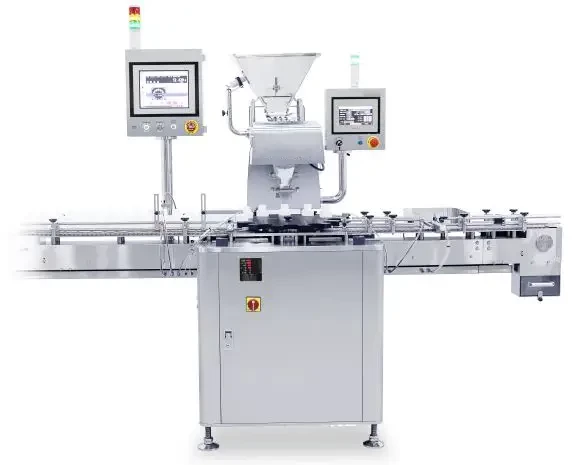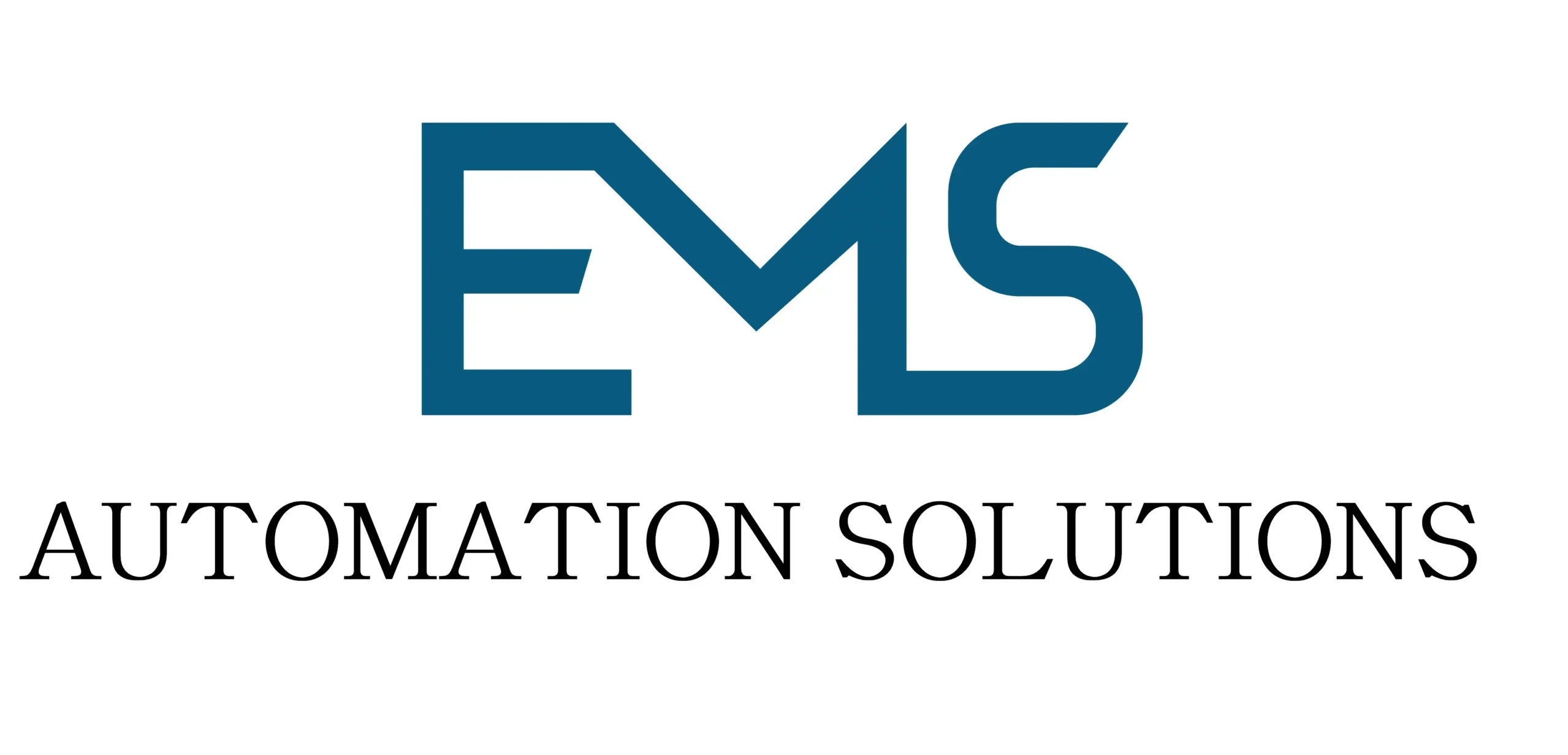
Pharmaceutical tablet presses and encapsulation machines are two of the most important pieces of equipment in the pharmaceutical manufacturing process. Tablet presses are used to compress powdered ingredients into tablets, while encapsulation machines are used to fill empty capsules with powdered or liquid ingredients.
Tablet presses come in a variety of sizes and configurations, but they all work on the same basic principle. The powder is fed into the press and then compressed between two dies. The dies are shaped to create the desired shape and size of the tablet. The tablet is then ejected from the press and packaged.
Encapsulation machines also come in a variety of sizes and configurations, but they all work on the same basic principle. The empty capsules are fed into the machine and then filled with the desired powder or liquid ingredient. The capsules are then sealed and packaged.
Benefits of using tablet presses and encapsulation machines
There are a number of benefits to using tablet presses and encapsulation machines in the pharmaceutical manufacturing process, including:
- Increased productivity: Tablet presses and encapsulation machines can produce large quantities of tablets and capsules in a short period of time. This can help pharmaceutical manufacturers to meet the growing demand for their products.
- Improved efficiency: Tablet presses and encapsulation machines can automate many of the tasks involved in the pharmaceutical manufacturing process. This can help to improve efficiency and reduce labor costs.
- Reduced waste: Tablet presses and encapsulation machines are very precise and accurate. This can help to reduce waste and improve product quality.
- Improved quality: Tablet presses and encapsulation machines are designed to produce tablets and capsules of the highest quality. These machines are equipped with a variety of sensors and safety devices to ensure that the products are free of contaminants and meet all quality standards.
Latest trends in tablet press and encapsulation machine technology
The technology used in tablet presses and encapsulation machines is constantly evolving. Some of the latest trends include:
- The use of artificial intelligence (AI): AI is being used to develop tablet presses and encapsulation machines that can learn and adapt to changing conditions. This is making these machines more flexible and versatile, and better suited for a variety of applications.
- The use of robotics: Robotics is being used to automate tasks in the tablet pressing and encapsulation process, such as loading and unloading machines and packing products. This can help to reduce labor costs and improve safety.
- The use of the Internet of Things (IoT): IoT devices can be used to collect data from tablet presses and encapsulation machines and send it to the cloud for analysis. This data can be used to monitor the performance of the machines and identify potential problems early on.
Conclusion
Pharmaceutical tablet presses and encapsulation machines are essential pieces of equipment in the pharmaceutical manufacturing process. These machines help pharmaceutical manufacturers to produce large quantities of high-quality tablets and capsules efficiently and cost-effectively. With the latest trends in tablet press and encapsulation machine technology, these machines are becoming more flexible, versatile, and efficient.
The use of artificial intelligence (AI) in Pharmaceutical Tablet Presses and Encapsulation Machines
Artificial intelligence (AI) is being used in pharmaceutical tablet presses and encapsulation machines to improve the efficiency, quality, and safety of tablet and capsule production. AI can be used to:
- Optimize the production process: AI can be used to analyze data from the production process and identify areas where improvements can be made. For example, AI can be used to optimize the speed of the tablet press or the temperature of the extruder.
- Predict and prevent problems: AI can be used to predict potential problems with the production process, such as equipment failures or product defects. This information can be used to take preventive action and avoid costly downtime and product waste.
- Inspect and reject defective products: AI-powered vision systems can be used to inspect tablets and capsules for defects, such as cracks, chips, and incorrect weight. AI can also be used to reject defective products automatically, ensuring that only high-quality products are released to the market.
Overall, the use of AI in pharmaceutical tablet presses and encapsulation machines can help to improve the efficiency, quality, and safety of tablet and capsule production. This can lead to lower costs, better products, and fewer recalls.
Here are some specific examples of how AI is being used in pharmaceutical tablet presses and encapsulation machines:
- Intelligrated Tablet Press AI: Intelligrated Tablet Press AI is a software platform that uses AI to optimize the tablet pressing process. Intelligrated Tablet Press AI can be used to improve the speed, efficiency, and quality of tablet production.
- Bosch Capsule Filling AI: Bosch Capsule Filling AI is a software platform that uses AI to optimize the capsule filling process. Bosch Capsule Filling AI can be used to improve the speed, accuracy, and quality of capsule filling.
- GEA AI-powered tablet inspection: GEA AI-powered tablet inspection system uses AI to inspect tablets for defects, such as cracks, chips, and incorrect weight. The system can automatically reject defective tablets, ensuring that only high-quality products are released to the market.
The use of AI in pharmaceutical tablet presses and encapsulation machines is still in its early stages of development, but it has the potential to revolutionize the way that tablets and capsules are produced. AI can help to improve the efficiency, quality, and safety of tablet and capsule production, leading to lower costs, better products, and fewer recalls.
The use of robotics in Pharmaceutical Tablet Presses and Encapsulation Machines
Robotics is being used in pharmaceutical tablet presses and encapsulation machines to automate tasks such as:
- Material handling: Robots can be used to load and unload materials from the tablet press or encapsulation machine. This can help to improve efficiency and reduce labor costs.
- Tablet and capsule inspection: Robots can be used to inspect tablets and capsules for defects, such as cracks, chips, and incorrect weight. This can help to improve the quality of the finished product.
- Packaging: Robots can be used to package tablets and capsules into bottles, blisters, or other packaging formats. This can help to improve efficiency and reduce labor costs.
The use of robotics in pharmaceutical tablet presses and encapsulation machines offers a number of benefits, including:
- Increased efficiency: Robots can perform tasks more quickly and efficiently than humans, which can lead to increased productivity.
- Reduced labor costs: Robots can help to reduce labor costs, especially for repetitive tasks.
- Improved quality: Robots can perform tasks with greater precision and accuracy than humans, which can lead to improved product quality.
- Reduced risk of injury: Robots can perform tasks that are dangerous or hazardous for humans, reducing the risk of injury.
- Increased flexibility: Robots can be easily reprogrammed to perform different tasks, which makes them more flexible than human workers.
Here are some specific examples of how robots are being used in pharmaceutical tablet presses and encapsulation machines:
- Fanuc P-50iA robot: The Fanuc P-50iA robot is a six-axis robot that can be used to automate a variety of tasks in the pharmaceutical industry, including tablet and capsule inspection and packaging.
- ABB IRB 660 robot: The ABB IRB 660 robot is another six-axis robot that can be used to automate a variety of tasks in the pharmaceutical industry, including tablet and capsule inspection and packaging.
- KUKA KR 30 L robot: The KUKA KR 30 L robot is a lightweight robot that is ideal for delicate tasks such as tablet and capsule inspection and packaging.
The use of robotics in pharmaceutical tablet presses and encapsulation machines is expected to grow in the coming years. As robotic technology continues to develop, we can expect to see even more innovative and sophisticated robotic solutions for the pharmaceutical industry.
In addition to the benefits listed above, the use of robotics in pharmaceutical tablet presses and encapsulation machines can also help to improve the safety of the production process. Robots can be used to perform tasks in hazardous areas, such as those with high levels of dust or fumes. This can help to protect workers from exposure to harmful substances.
Overall, the use of robotics in pharmaceutical tablet presses and encapsulation machines offers a number of significant benefits for pharmaceutical companies. Robots can help to improve the efficiency, quality, safety, and flexibility of tablet and capsule production.
The use of the Internet of Things in Pharmaceutical Tablet Presses and Encapsulation Machines
The Internet of Things (IoT) is being used in pharmaceutical tablet presses and encapsulation machines to collect data from the production process and to control the machines remotely. This data can be used to improve the efficiency, quality, and safety of tablet and capsule production.
Here are some specific examples of how IoT is being used in pharmaceutical tablet presses and encapsulation machines:
- Monitoring the production process: IoT sensors can be used to monitor the production process and collect data on temperature, humidity, pressure, and other factors. This data can be used to ensure that the production process is running smoothly and that the tablets and capsules are being produced to the correct specifications.
- Predicting and preventing problems: IoT sensors can be used to predict potential problems with the production process, such as equipment failures or product defects. This information can be used to take preventive action and avoid costly downtime and product waste.
- Controlling the machines remotely: IoT devices can be used to control the tablet press and encapsulation machine remotely. This allows operators to adjust the machines’ settings and operations without having to be physically present in the production area.
The use of IoT in pharmaceutical tablet presses and encapsulation machines offers a number of benefits, including:
- Improved efficiency: IoT can help to improve the efficiency of tablet and capsule production by providing operators with real-time data on the production process and allowing them to make adjustments remotely.
- Reduced downtime: IoT can help to reduce downtime by predicting potential problems with the production process and allowing operators to take preventive action.
- Improved quality: IoT can help to improve the quality of tablets and capsules by providing operators with real-time data on the production process and allowing them to make adjustments as needed.
- Reduced costs: IoT can help to reduce the costs of tablet and capsule production by improving efficiency, reducing downtime, and improving quality.
Here are some specific examples of companies that are using IoT in pharmaceutical tablet presses and encapsulation machines:
- GEA: GEA offers a variety of IoT-powered solutions for tablet and capsule production, including sensors that monitor the production process and software that analyzes the data to identify areas for improvement.
- Bosch: Bosch also offers a variety of IoT-powered solutions for tablet and capsule production, including sensors that monitor the production process and software that analyzes the data to predict potential problems.
- Siemens: Siemens offers a variety of IoT-powered solutions for tablet and capsule production, including sensors that monitor the production process and software that controls the machines remotely.
The use of IoT in pharmaceutical tablet presses and encapsulation machines is still in its early stages of development, but it has the potential to revolutionize the way that tablets and capsules are produced. IoT can help to improve the efficiency, quality, safety, and cost-effectiveness of tablet and capsule production.
